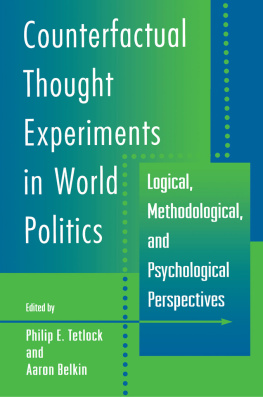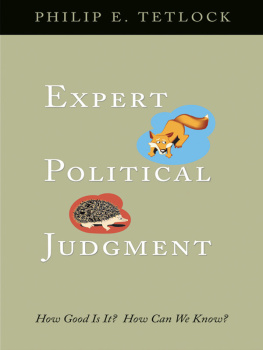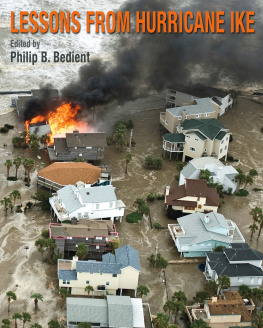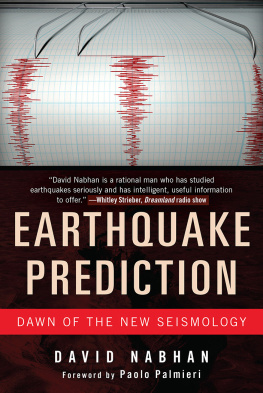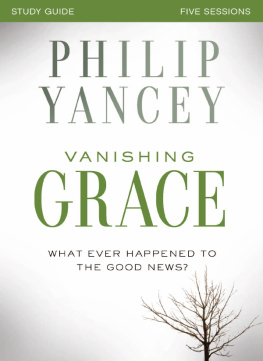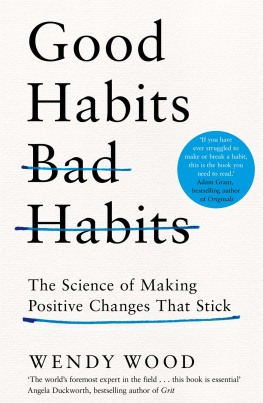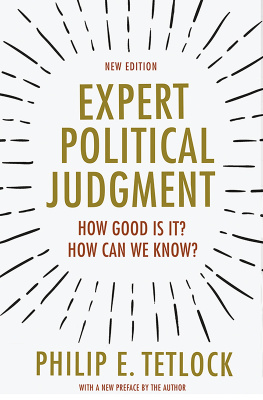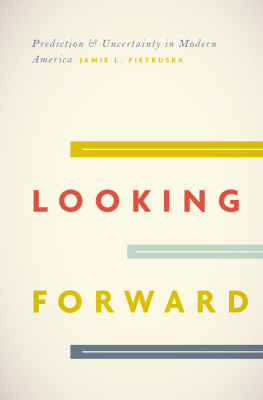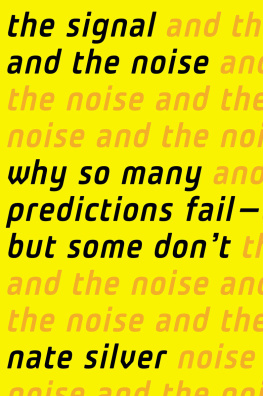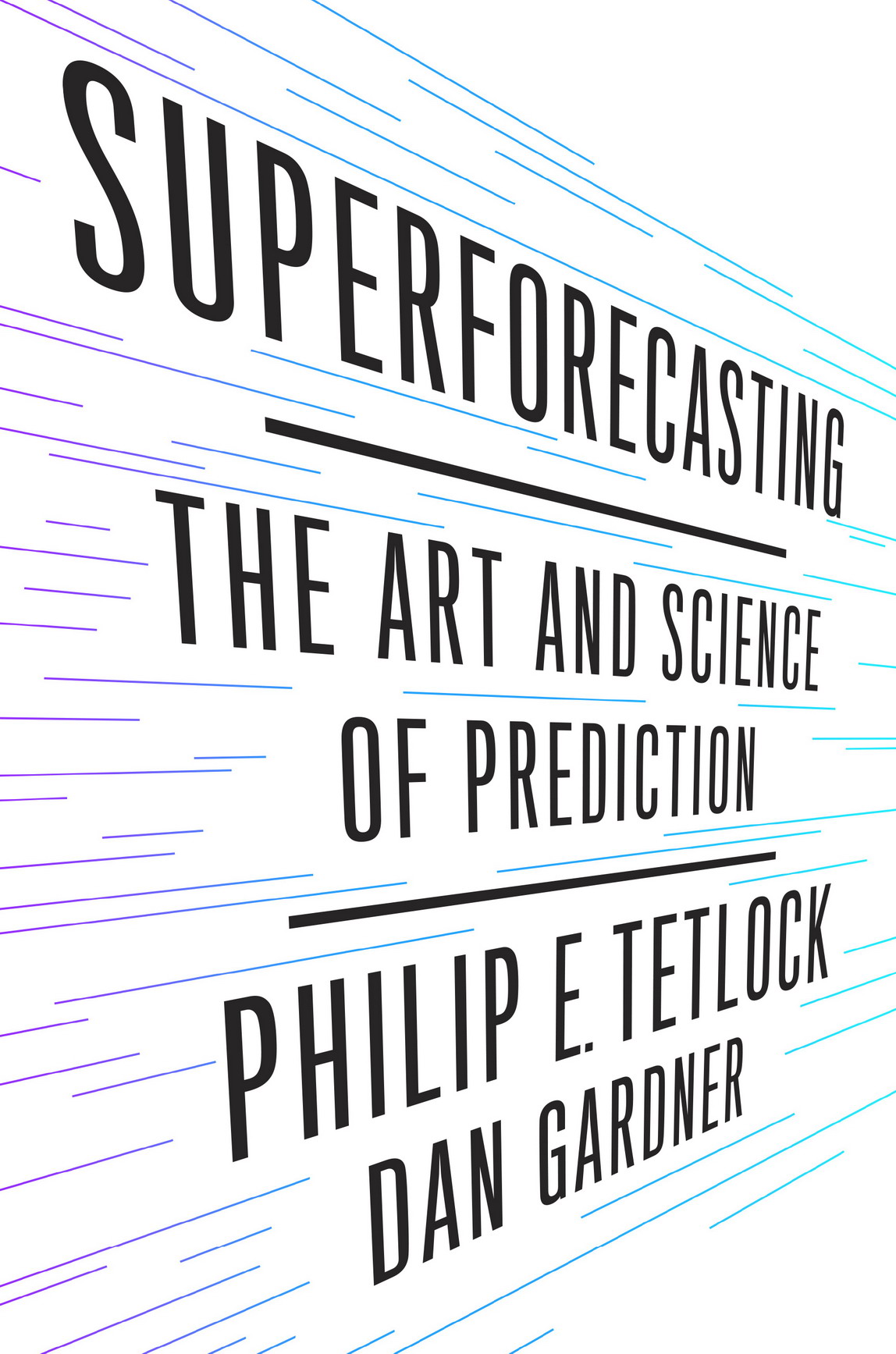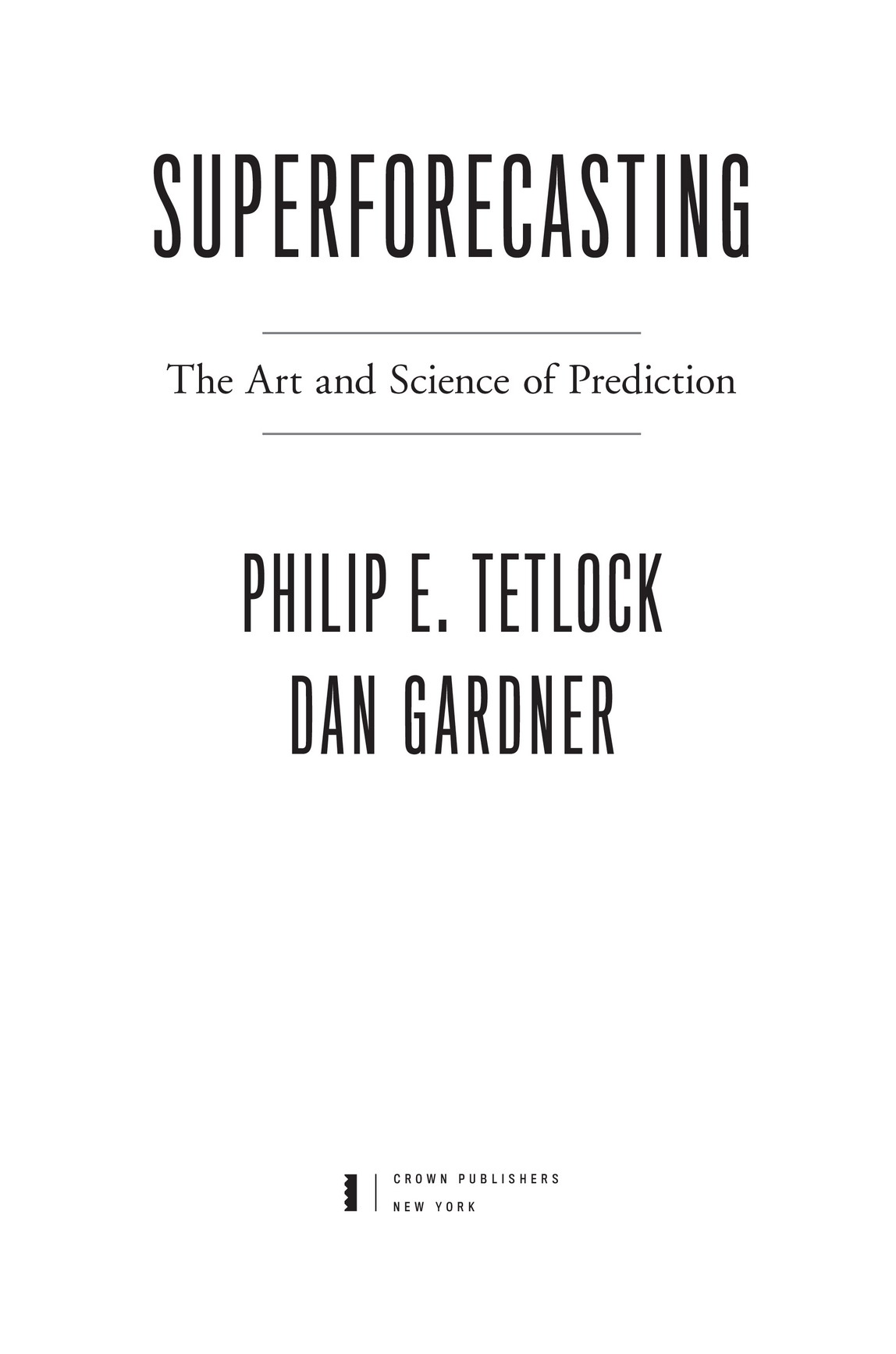Philip E. Tetlock - Superforecasting: The Art and Science of Prediction
Here you can read online Philip E. Tetlock - Superforecasting: The Art and Science of Prediction full text of the book (entire story) in english for free. Download pdf and epub, get meaning, cover and reviews about this ebook. year: 2015, publisher: Crown, genre: Art. Description of the work, (preface) as well as reviews are available. Best literature library LitArk.com created for fans of good reading and offers a wide selection of genres:
Romance novel
Science fiction
Adventure
Detective
Science
History
Home and family
Prose
Art
Politics
Computer
Non-fiction
Religion
Business
Children
Humor
Choose a favorite category and find really read worthwhile books. Enjoy immersion in the world of imagination, feel the emotions of the characters or learn something new for yourself, make an fascinating discovery.

- Book:Superforecasting: The Art and Science of Prediction
- Author:
- Publisher:Crown
- Genre:
- Year:2015
- Rating:4 / 5
- Favourites:Add to favourites
- Your mark:
Superforecasting: The Art and Science of Prediction: summary, description and annotation
We offer to read an annotation, description, summary or preface (depends on what the author of the book "Superforecasting: The Art and Science of Prediction" wrote himself). If you haven't found the necessary information about the book — write in the comments, we will try to find it.
Everyone would benefit from seeing further into the future, whether buying stocks, crafting policy, launching a new product, or simply planning the weeks meals. Unfortunately, people tend to be terrible forecasters. As Wharton professor Philip Tetlock showed in a landmark 2005 study, even experts predictions are only slightly better than chance. However, an important and underreported conclusion of that study was that some experts do have real foresight, and Tetlock has spent the past decade trying to figure out why. What makes some people so good? And can this talent be taught?
In Superforecasting, Tetlock and coauthor Dan Gardner offer a masterwork on prediction, drawing on decades of research and the results of a massive, government-funded forecasting tournament. The Good Judgment Project involves tens of thousands of ordinary peopleincluding a Brooklyn filmmaker, a retired pipe installer, and a former ballroom dancerwho set out to forecast global events. Some of the volunteers have turned out to be astonishingly good. Theyve beaten other benchmarks, competitors, and prediction markets. Theyve even beaten the collective judgment of intelligence analysts with access to classified information. They are superforecasters.
In this groundbreaking and accessible book, Tetlock and Gardner show us how we can learn from this elite group. Weaving together stories of forecasting successes (the raid on Osama bin Ladens compound) and failures (the Bay of Pigs) and interviews with a range of high-level decision makers, from David Petraeus to Robert Rubin, they show that good forecasting doesnt require powerful computers or arcane methods. It involves gathering evidence from a variety of sources, thinking probabilistically, working in teams, keeping score, and being willing to admit error and change course. Superforecasting offers the first demonstrably effective way to improve our ability to predict the futurewhether in business, finance, politics, international affairs, or daily lifeand is destined to become a modern classic.
Philip E. Tetlock: author's other books
Who wrote Superforecasting: The Art and Science of Prediction? Find out the surname, the name of the author of the book and a list of all author's works by series.

